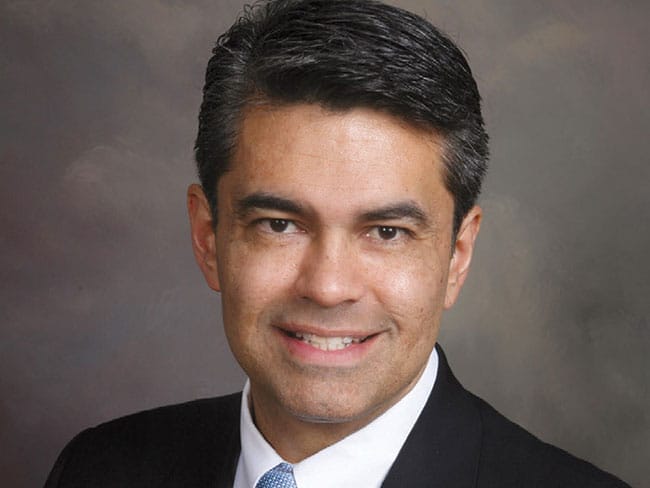The Demands, and Opportunities, of Continuous Education
There was a time when those of us intent on achieving success followed a very similar, structured education and career model. We worked a couple of years after undergrad and then took a couple of years off or committed every weekend and summer to obtain an MBA or other advanced degree.
Once that advanced degree was conferred, we breathed a sigh of relief, went on to build our careers and rarely looked back at the schools that had trained us (other than attending a sporting or alumni event). School and career were sequential paths that did not intersect.
Technology and a global economy have turned that model upside down. Once a derogatory term, “professional student” must now be the designation associated with any of us who wish to succeed, whether in the public or private sector, regardless of industry. The rate of innovation demands that we continually learn and stay constructively dissatisfied during every phase of our career.
Education must also change. Not everyone can take large blocks of time off every year to attend formal classroom programs in another state—or country. Lifelong learning to gain new skills and achieve at new levels requires a flexible, integrated model that comprises formal and informal, group and individual opportunities. Education and career can no longer be sequential paths. They must converge in a continuum and enable individuals and organizations to design programs to accommodate personal or organizational needs and goals.
As Wharton alumni, we have a unique advantage. Our University has made a commitment to helping its graduates continue learning. It is also leading the world’s universities in the development of adult learning programs that are not limited by geography or any particular time commitment. Whether as informal as listening to SiriusXM Business Radio Powered by the Wharton School, or as formal as the Advanced Management or Executive Development programs, we as alumni have many avenues through which to continue learning and honing our skills.
I am grateful for the lessons and opportunities. Rarely a day goes by that I do not in some way benefit from my Wharton experience—either through something I learned in the classroom, by reaching out to a former classmate or professor known for expertise in a particular area, or reading the newest articles on Knowledge@Wharton.
I encourage all alumni to stay close to Wharton’s programs for continuous learning. They are within your reach regardless of where you are in the world. The School uses interactive learning technologies, research centers, Wharton Global Forums, podcasts and myriad methods to allow us to engage with and learn from Wharton faculty and alumni.
Contribute as well. Imagine the impact we can have when all 93,000 of us commit to using what technology affords to deliver innovation and improve business and lives throughout the world.
L. David Mounts WG04
Chairman, Wharton Alumni Executive Board

























